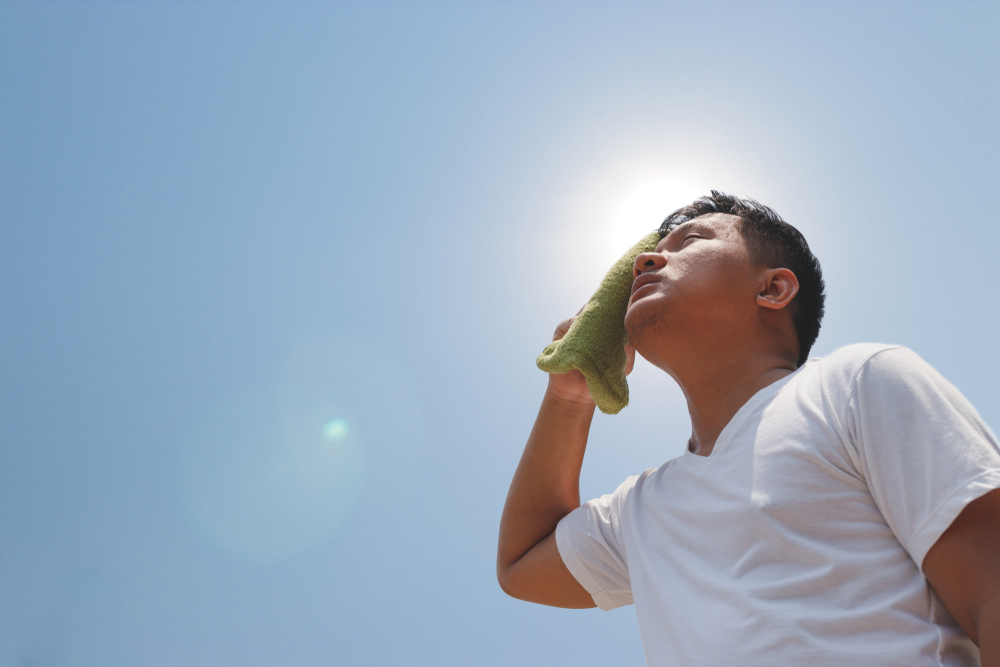The mercury is rising
In 2017, global heat records had revealed that 17 of the 18 hottest years on record have occurred this century. The Bureau of Meteorology has warned everyone to plan ahead this summer with daily daytime temperatures predicted to be well above average.
Whether you are working indoors or outdoors, resting or playing, with hot summer days on the way, here’s how you can keep the heat at bay.
How can you plan for the heat?
There are a few easy ways to plan for the heat this summer. These include:
- Check your fans and air conditioners are working and that the filters and airways are clean
- Make sure any repairs or servicing is done before the summer rush
- Make sure your air conditioner is set to ‘cool’ if it is a reverse cycle
- Stock up on food and groceries to reduce the likeliness of having to go outside when it’s hot
- Take care when handling food in hot weather to reduce the risk of food poisoning
- Keep an eye on television and radio weather reports.
How to keep cool in the summer heat
Keeping cool indoors can be made easy with a few simple tips and tricks:
- Drink plenty of fluids and limit consumption of alcohol and caffeine
- Make ice cubes from water or cordial and suck on them throughout the day
- Wear light, loose and comfortable clothing
- Stay indoors with a fan or air conditioner on
- Take cool showers or baths, or use a spray bottle filled with water
- Keep curtains closed to block out the heat
- Sleep with just a sheet
- Limit time spent outdoors and always keep a water bottle with you.
However, if you’re working outside in the sun, it is encouraged that you take extra precautions. Queensland Workplace Health and Safety has a heat stress calculator to help keep you safe in the heat.
Heat stress can be affected by your distance to water, having limited amount of shade around you and how many layers of clothing you are wearing. Managing these can help reduce your risk of heat related illness. Employers are also being urged to watch out for their employees and provide shade and water, as well as sun protection gear, such as a hat and sunscreen.
How to manage heat related injury and illness
If you get sunburn, easy treatments include keeping the affected area free of clothing, as well as using aloe to soothe the burn.
You can also get heat stroke from being in high temperatures for too long. If you are experiencing heat exhaustion and dizziness, fainting, fatigue, muscle pain, vomiting and headaches, speaking to your local doctor and getting a professional opinion for treatment can help improve symptoms.





